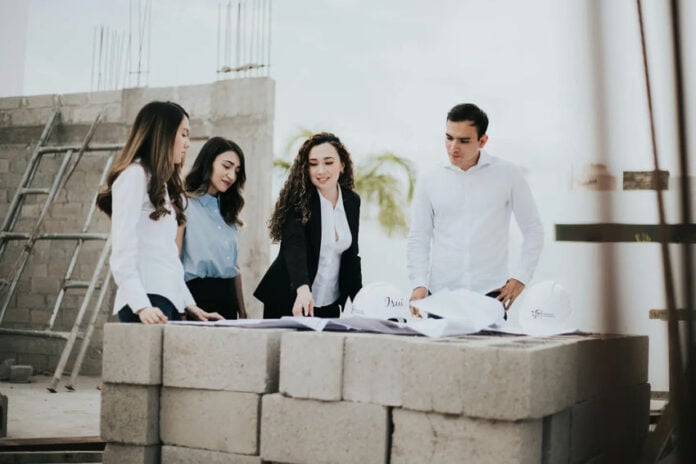According to the US State Department, the number of Americans living in Mexico jumped to 70% between 2019 and 2022. There are now 1.6 million American permanent residents in the country as of 2022, a number that’s increasing every year.
While many buy an existing home in their preferred location, a few bold types think even bigger, deciding to buy land in Mexico to build a home or condo building, often with the idea of renting it for some passive income in the months they spend back home each year. Mexico also presents great real estate opportunities for the entrepreneur who wants to build a property to then sell or rent out, rather than make Mexico their home.
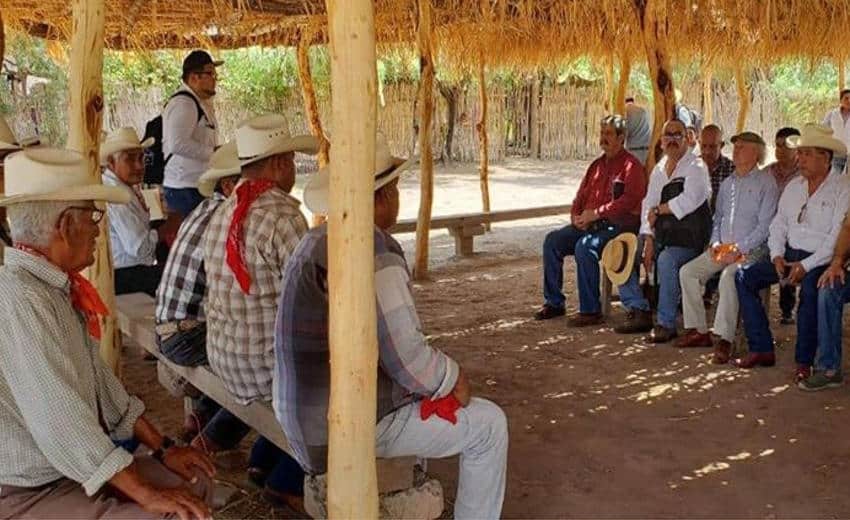
Do your due diligence
Whichever of the two is your preferred scenario, the basic advice is the same: Know the lay of the land and do your research. It’s easy to dream about buying land in Mexico and bringing to life a real estate project from scratch — renting out the condos in your building and reaping the fruits of your labor through passive income — but to find out how feasible this dream might be, Mexico News Daily spoke to some seasoned developers, who shared the realities of this grand endeavor.
“Do your due diligence and have realistic goals,” says Ian Gengos, a Canadian realtor living in Mexico who works with Berkshire Hathaway HomeServices Baja Real Estate. “It’s important to do proper feasibility studies. Your company’s title and ownership of the land has to be clear. You have to know if you can sell the properties within the project you want to develop — and, also, if it’s even possible. I’ve seen people buy land and then have this vision that just can’t be realized because what they want to do is not able to be done where they want to do it.”
There are several permits and concessions you may need to fulfill your project’s needs. It’s also critical to work with architects and engineers who know the land you’re building on and who are comfortable meeting expectations with what you’ve set out to accomplish.
As we’ve covered in the past, there are certain realities unique to Mexico: The acquisition cost of property in Mexico is higher than in the United States, for example. And it’s not unusual to pay up to 10% more for a property when you consider the added notary fee, appraisal costs and other expenses.
The dangers of long-distance buying
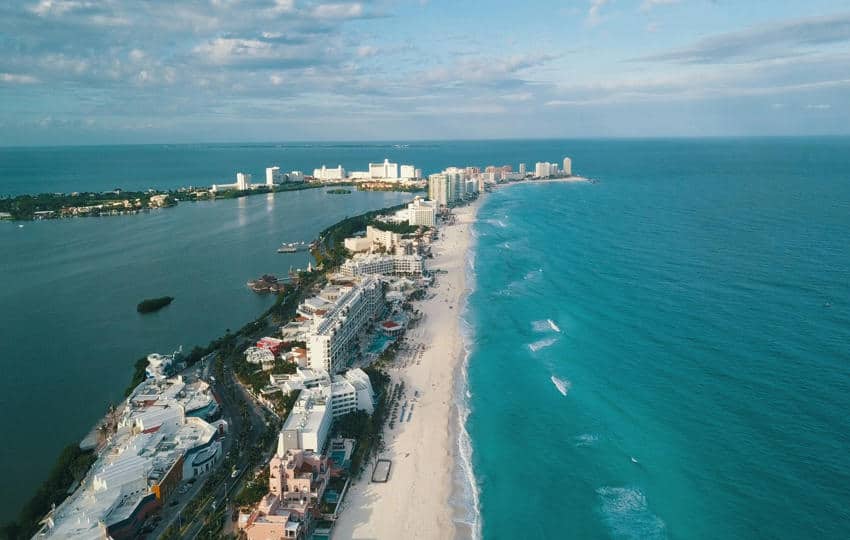
There’s a lot to be said about having the right approach for your building goal.
“It depends on the purpose you have to buy property in Mexico. Is it [purely] for an investment or to have a place to live for you and your family?” said Ilan Vainer Cohen of Laiva Group in San José del Cabo. “In my experience, Americans and Canadian entrepreneurs who come to Mexico want to do both.
“But as a developer, you should think about what makes a project appealing: If there is a new highway, a new mall, or new properties being constructed near your project, that’ll add value to your investment since people will want to live there or stay frequently during vacation periods.”
Between the internet and write-ups like this, it is possible to go through the process alone. You can research where in Mexico you’d like to live, save money for a down payment and talk to the developer. If you ask Gengos, however, you’d be setting yourself up to fail.
“Unfortunately, there are a lot of people who pretend to be real estate professionals,” he said. “They’ll tell clients to wire funds to the developer or directly to a seller’s account without any recourse if things go wrong. They just want to sell somebody something without doing the work to protect the buyer against bad sellers and bad titles. Online, it’s hard to tell who is legit. But when you’re in Mexico, it’s easier to verify since you’re on the ground.”
“It’s always best to work with a licensed professional who knows the area well and can help you navigate challenges,” Gengos says. “They’ll explain processes and guide you to the right property. For example, they’ll help you understand what a fideicomiso is and how to set up an escrow account. Even if you’re the best researcher, you can still run into trouble.”
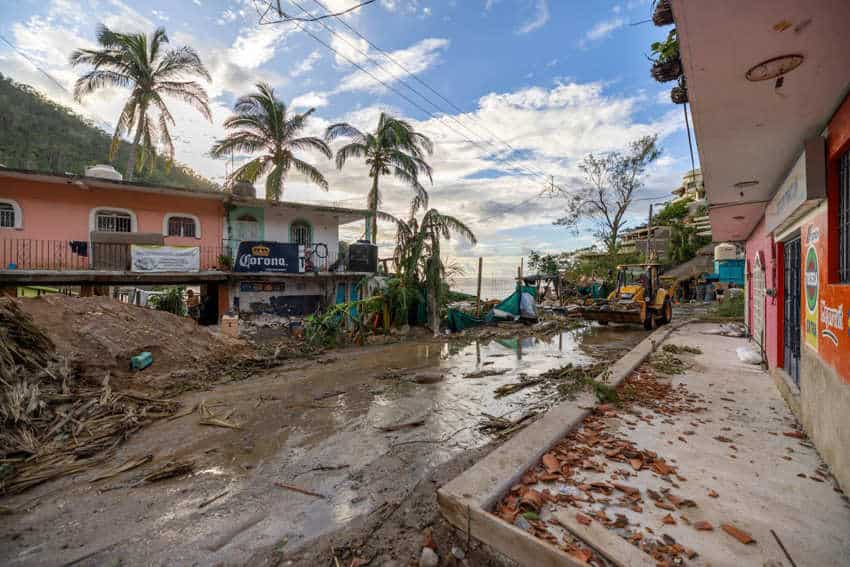
Also, says Gengos, it’s better to work with independent real estate advisors as opposed to a realtor who works for the developer. Gengos also stressed the importance of working with an agent who represents you exclusively as a buyer, to assure your interests are protected and prioritized.
The value — and danger — of going the presale route
Knowing the pros and cons about buying land and building on your own versus buying a presale home versus buying a pre-existing construction is something that an experienced independent real estate advisor should be able to explain. Ilan Vainer Cohen, a Mexican resident who has spent most of his career in real estate development, says that getting the timing right can be a tough call.
“I’ve had clients who wanted to buy a [presale] condo too early and some too late. Say you find a property in development for US $300,000. If you were to put a down payment, you’d be buying the vision of what your condo might be. [But] it’s a double-edged sword because you can’t foresee any problems that may occur in construction: Maybe the developer will fall behind schedule, and you’ll have to wait longer to move in. It’s the risk you take when you go that route.”
“But if you wait until [the property is] finished to buy, the price may be US $450,000 because of all the effort that went into getting your dream home to market. The more [work] a developer [does] on a building, the more expensive the units will be at the end.”
For reasons like these, it’s also important to check the developer’s track record and reputation in the local community. If its history dictates a solid resume of quality buildings completed on time, it’s a safer investment. If not, you’ll save yourself the headache by moving on to another development project that’s more worth your time.
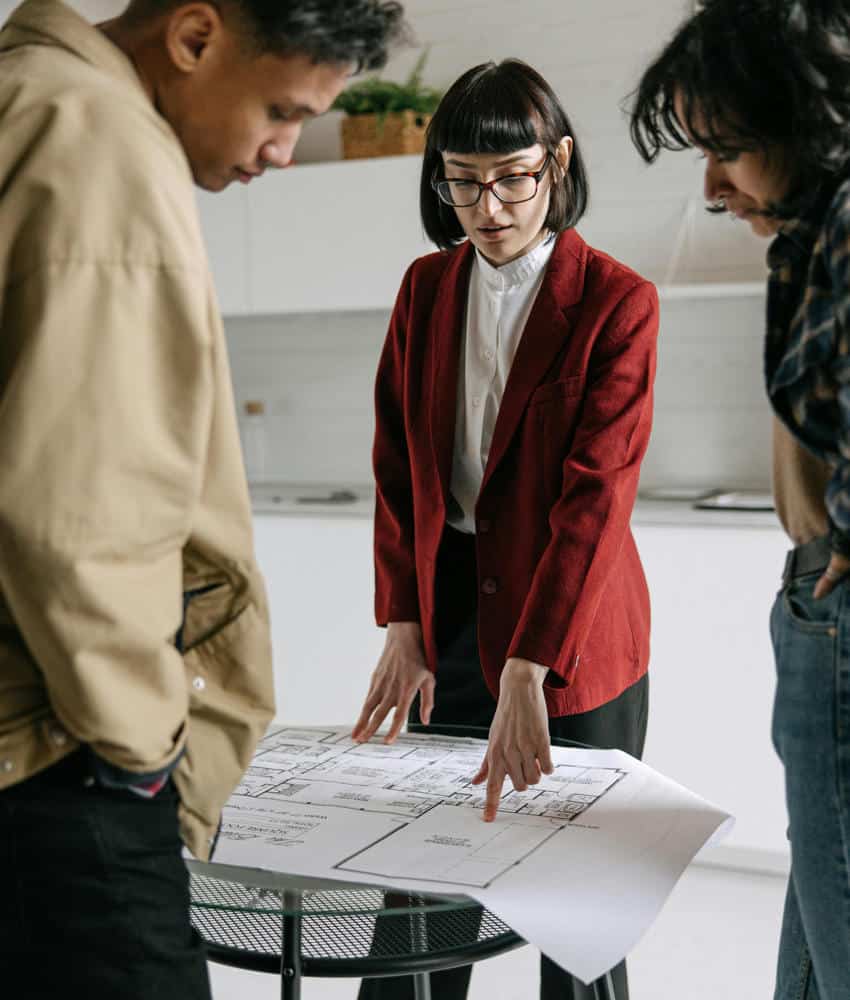
This is another reason why having a local real estate professional on your team is worth the investment.
Of course, all this information only scratches the surface of knowing how to invest in the Mexican real estate market. But if there’s one solid takeaway, Mexico has its own unique way of doing things much like the United States, Canada, or anywhere else in the world. It’s important to do your homework. Another good piece of advice is to connect with other foreigners who have built here. Their experiences can tell you a lot, often in plain language that’s easier to understand, about what to expect from the process — and what to watch out for.
Have you built a home from scratch or bought a presale (preventa) in Mexico? Do you have any advice for foreign buyers? Let us know in the comments below.
Ian Ostroff is an indie author, journalist, and copywriter from Montreal, Canada. You can find his work in various outlets, including Map Happy and The Suburban. When he’s not writing, you can find Ian at the gym, a café, or anywhere within Mexico visiting family and friends.
